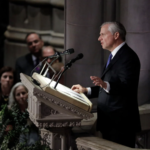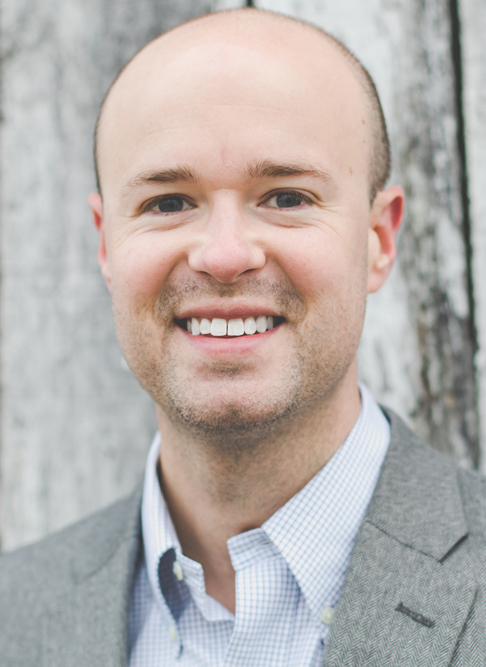
WASHINGTON (BP) — A Southern Baptist business owner has won a court victory protecting him for now from being required to underwrite potentially abortion-causing drugs for his employees.
[QUOTE@right@180=“I fought the law and the Lord won!”
— Thomas Beckwith]A federal judge granted a preliminary injunction June 25 blocking enforcement of the Obama administration’s abortion/contraception mandate against Thomas Beckwith and his electric company in Largo, Fla. The injunction means Beckwith will not be penalized while the case moves forward in court. His company faced a penalty that could have been $6 million a year for refusing to comply with the mandate.
Beckwith, a member of First Baptist Church of Indian Rocks in Largo, filed suit against the mandate, contending it violated his religious beliefs by requiring employers to provide drugs that can cause abortions as part of health care coverage for workers. The abortion/contraception mandate is part of regulations implementing the 2010 health care reform law.
“I fought the law and the Lord won!” Beckwith said in response to the decision, The Tampa Tribune reported.
He does not object to all contraceptives, only those that can act as abortifacients, said Beckwith, chief executive officer of Beckwith Electric Co. “Where I draw the line is … emergency contraception, but it’s deceitful because they’re not contraception. … They kill an innocent human life,” he told The Tribune.
The abortion/contraception mandate requires coverage of drugs the U.S. Food and Drug Administration classifies as contraceptives. These include Plan B and other “morning-after” pills with a secondary post-fertilization mechanism that can cause an abortion by preventing implantation of tiny embryos. The mandate also covers “ella,” which — in a manner similar to the abortion drug RU 486 — can act even after implantation to end the life of the child.
The Southern Baptist Ethics & Religious Liberty Commission joined the Christian Legal Society and other evangelical organizations in a friend-of-the-court brief in the case to defend the right of Beckwith and other religiously motivated employers to express their faith in their business decisions.
Ruling from federal court in Tampa, Judge Elizabeth Kovachevich found that Beckwith and his company had demonstrated they likely would prevail in showing the mandate infringed on their religious freedom. She said Beckwith Electric Co., not just Beckwith individually, had religious exercise rights under the First Amendment and the 1993 Religious Freedom Restoration Act (RFRA).
The right to free exercise of religion under the First Amendment and RFRA “is not relinquished by efforts to engage in free enterprise under the corporate form,” Kovachevich wrote.
“And any action that debases, or cheapens, the intrinsic value of the tenet of religious tolerance that is entrenched in the Constitution cannot stand.”
Kovachevich, who was nominated to the bench by President Reagan, stated that the mandate “substantially burdens” Beckwith’s free exercise of religion. The federal government failed to show it had a “compelling interest” in restricting that freedom, she wrote.
In issuing a preliminary injunction, she also found Beckwith and his company would suffer “irreparable harm” without such an order — harm that surpasses that which would be inflicted upon the government with the order. An injunction also is “in the public interest,” another requirement for such action, she stated.
Beckwith Electric Co. is one of 22 for-profit organizations that have won injunctions or temporary restraining orders blocking enforcement of the controversial requirement while their suits proceed in court, according to the Becket Fund for Religious Liberty. Six for-profit companies have failed to gain such legal relief. No action has been taken in four lawsuits by for-profit companies.
More than 60 lawsuits by for-profit and nonprofit organizations have been filed against the abortion/contraception mandate.
The Obama administration issued final rules for the mandate June 28, but those regulations did not provide a religious liberty accommodation to for-profit companies. In addition, religious freedom advocates said the rules failed to remedy the conscience problems for non-profit organizations that object.
–30–
Tom Strode is the Washington bureau chief for Baptist Press. Get Baptist Press headlines and breaking news on Twitter (@BaptistPress), Facebook (Facebook.com/BaptistPress) and in your email (baptistpress.com/SubscribeBP.asp).


















